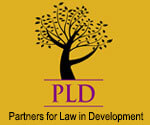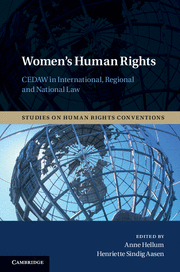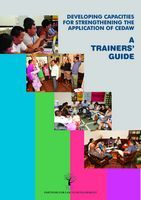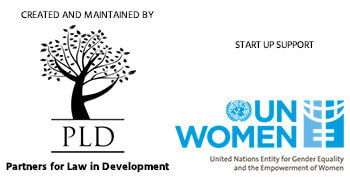International Standards
Special Rapporteur on the right of everyone to the enjoyment of the highest attainable standard of physical and mental health
The right to health is an inclusive right, extending not only to timely and appropriate health care, but also to the underlying determinants of health, such as access to safe and potable water and adequate sanitation, healthy occupational and environmental conditions, and access to health-related education and information, including on sexual and reproductive health. The right to health contains both freedoms and entitlements. Freedoms include the right to control one’s health, including the right to be free from non-consensual medical treatment and experimentation. Entitlements include the right to a system of health protection (i.e. health care and the underlying determinants of health) that provides equality of opportunity for people to enjoy the highest attainable standard of health.
The right to health is a broad concept that can be broken down into more specific entitlements such as the rights to: maternal, child and reproductive health; healthy workplace and natural environments; the prevention, treatment and control of diseases, including access to essential medicines; access to safe and potable water.
For more information on the definition of the right to health, please refer to General Comment No. 14 of the Committee on Economic, Social and Cultural Rights.
Special Rapporteur on violence against women, its causes and consequences
Reports of the SR on VAW highlighting the to the impact of health and population policies on women’s reproductive rights and their linkages with VAW.
Economic and social policy and its impact on violence against women
Intersections of violence against women and HIV/AIDS
International and Regional Organisations
World Health Organisation (WHO) is the directing and coordinating authority for health within the United Nations system. It is responsible for providing leadership on global health matters, shaping the health research agenda, setting norms and standards, articulating evidence-based policy options, providing technical support to countries and monitoring and assessing health trends.
Asian-Pacific Resource & Research Centre for Women (ARROW) was formally established in 1993 in Kuala Lumpur, Malaysia, as a regional non-profit and non-governmental organisation concerned with ensuring that development policies and plans influencing women’s health status included women’s and gender perspectives.
Centre for Reporductive Rights since its establishment in 1992 has been instrumental in influencing the law both inside and outside the courtroom such as documenting abuses, working with policymakers to promote progressive measures, and fostering legal scholarship and teaching on reproductive health and human rights.
National Organisations
Peoples Health Movement India or the The Jan Swasthya Abhiyan is a growing coalition of people’s organisations, civil society organisations, NGOs, social activists, health professionals, academics and researchers that endorse the Indian People’s health Charter and the People’s Charter for Health – consensus documents that arose out of the Jan Swasthya Sabha (National Health Assembly) and the People’s Health Assembly held in December 2000 when concerned networks, organisations and individuals met to discuss the Health for All Challenge.
SAHAYOG is an NGO working to promote gender equality and women’s health from a human rights framework. Its key activities include advocacy and strengthening partnerships.
Sama is a reource group on women and health. It engages with issues of women and health evolved in the context of the autonomous women’s movement and seeks to locate the concerns of women’s health and well being in the larger context of socio-historical, economic and political realities.
Women’s Rehabilitation Centre (WOREC) works in partnership with grassroots people in order to resolve the major socio-economic, cultural and human rights injustices prevalent in Nepal in order to work towards the attainment of social justice and sustainable livelihood at the community level.
Centre for Enquiry Into Health and Allied Themes (CEHAT) focusses on research and advocacy on health and allied themes.










